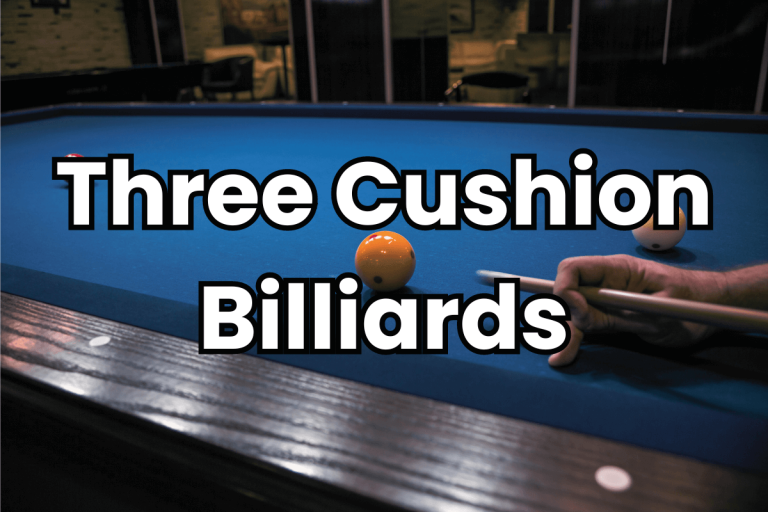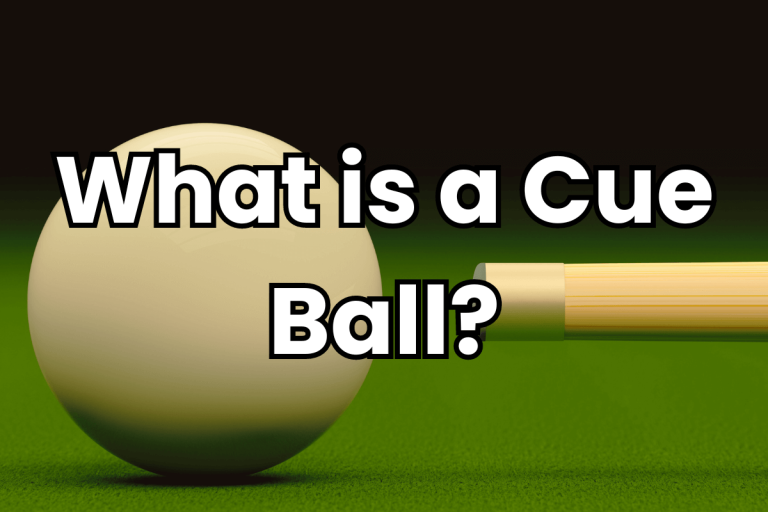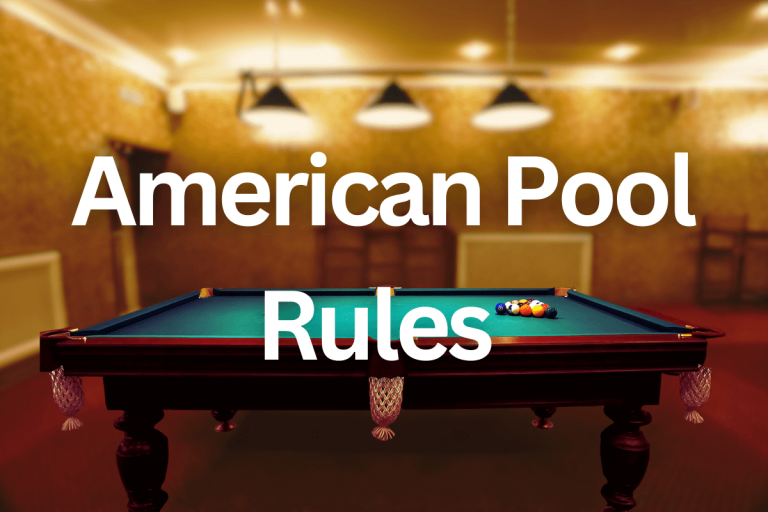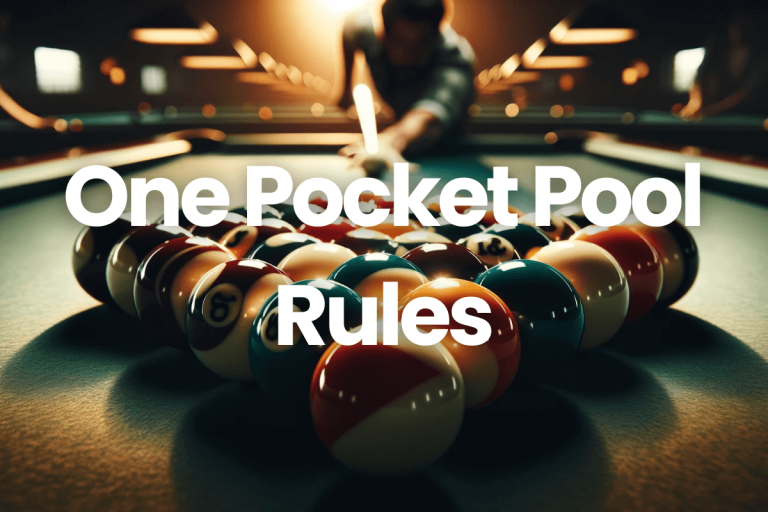Types of Billiard Games | comprehensive guide(2024)
Billiards, encompassing a variety of table games known for their skillful play and strategic nuances, enjoy immense global popularity. Its origins trace back to the 15th century, evolving from an outdoor lawn game to the modern indoor versions played on a felt-covered table. This transition gave rise to multiple types of billiard games, each with distinct rules and styles, reflecting the game’s rich and diverse history. Today, billiards continues to captivate players worldwide, both as a competitive sport and a recreational activity.
Types of Billiard Games
Popular Billiard Games and Their Rules
In the world of billiards, games like 8-ball, 9-ball, and Snooker stand out for their popularity and distinctive rules.
8-Ball, players are divided into solids or stripes, aiming to pocket all their group’s balls, followed by the 8-ball. Strategic planning is crucial to avoid fouls and set up for the game-winning 8-ball shot.
9-Ball involves balls numbered 1 through 9. Players must hit the lowest-numbered ball first. The game is won by legally pocketing the 9-ball. It’s a faster game, emphasizing skillful shots and strategy to navigate the table.
Snooker is played with 15 red balls and six colored balls, each with different point values. Players alternate between potting a red ball (worth one point) and a colored ball. The colored balls have varying points and are returned to the table until all reds are potted. The game requires precision and strategic foresight, with players aiming for the highest score.
Lesser-Known Billiard Games
Lesser-known billiard games like Carom, Straight Pool, and One-Pocket offer unique challenges:
Carom: Unlike the pool, Carom is played on a table without pockets. The aim is to carom the cue ball off both object balls in one shot. It’s highly technical and demands precision.
Straight Pool: Players aim to pocket any ball on the table. The goal is to reach a predetermined number of points. It tests players’ ability to plan several shots ahead.
One-Pocket: In this strategic game, each player chooses one of the table’s pockets to pocket all their balls into. It’s a game of defense and skillful shot selection.
Cultural Variations in Billiard Games
Cultural variations have significantly influenced billiard games, leading to distinct regional favorites:
Asia (especially the Philippines and Japan): Known for their love of Rotation and Three-Cushion Billiards, showcasing intricate shot-making skills.
Europe: Popularizes games like Snooker in the UK, and Russian Pyramid in Eastern Europe, reflecting precision and strategic depth.
America: 8-Ball and 9-Ball dominate, reflecting a preference for fast-paced, dynamic gameplay.
Each region’s favored billiard game reflects cultural preferences in gameplay style, from strategic complexity to shot-making finesse.
Strategies for Different Billiard Games
For different billiard games, strategies vary:
8-Ball & 9-Ball: Focus on cue ball control for positioning, and practice pattern play to set up future shots.
Snooker: Emphasize precision in potting and safety play to limit opponents’ opportunities.
Carom: Develop a strong understanding of angles and rebounds.
Straight Pool: Enhance the ability to plan multiple shots ahead.
Choosing the Right Equipment
Selecting the right equipment is crucial in billiards:
- Cues: Choose based on weight, balance, and tip diameter. Snooker cues are thinner with smaller tips, while pool cues are thicker.
- Balls: Different games use different sizes and weights. Snooker balls are smaller than traditional pool balls.
- Tables: Size and pocket dimensions vary. Snooker tables are larger with narrower pockets compared to pool tables.
Billiard Games for Beginners
For beginners in billiards, starting with games like 8-Ball or 9-Ball is recommended. These games are more straightforward, focusing on basic cueing techniques and understanding the rules. Beginners should practice aiming, cue control, and understanding ball physics. It’s also beneficial to watch experienced players and learn from their strategies. Regular practice on different shots and angles is key to developing skills in these foundational games.
The Future of Billiard Games
The future of billiard games is likely to see innovative variations and shifts in popularity, influenced by technology and cultural changes. Virtual reality and online gaming platforms might introduce new ways to experience billiards, potentially attracting a younger audience. Traditional games like Snooker and 8-Ball will likely remain popular, but there could be a rise in hybrid games that blend elements from different billiard disciplines. The integration of digital tools for training and gameplay analysis might also become more prevalent, enhancing both casual play and professional training in the billiard sports arena.
Conclusion
The world of billiard games boasts a rich diversity and enduring appeal, offering something for every player, from beginners to seasoned professionals. Each game, with its unique rules and playing style, encapsulates a blend of skill, strategy, and mental agility. The evolution of billiards, incorporating technological advancements, promises an exciting future for these games. Players are encouraged to explore the wide array of billiard games available, embracing the challenges and joys they offer. Whether seeking competitive play or leisurely enjoyment, the billiard world remains a captivating and rewarding realm to delve into.
FAQs
Is Snooker the same as Pool?
No, Snooker and Pool are different. While both use cues and pockets, Snooker has more balls, requires specific pocketing order, and is played on a larger table.
Can beginners play Snooker?
Yes, but it’s more complex than Pool. Beginners may find Pool games like 8-Ball more accessible.
What equipment do I need for different billiard games?
Generally, a cue stick and specific balls for each game. Table sizes also vary.
Are there digital versions of billiard games?
Yes, you can play billiards virtually! Explore various options like:
- Mobile apps: Play pool or snooker on your smartphone or tablet, with both free and paid options available.
- PC and console games: Enjoy realistic simulations with diverse rules, online play, and different game modes.
- Online platforms: Challenge players worldwide in real-time on dedicated websites for various billiard games.
How do I choose a billiard game?
Choosing a billiard game depends on your preferences:
- Solo play or multiplayer? Decide if you want to play alone or with others.
- Complexity? Consider if you prefer a simple game like 8-Ball Pool or a more strategic option like Snooker.
- Availability? Think about what equipment and players are readily available to you.
What is the easiest billiard game to learn?
8-Ball is often considered the easiest due to its straightforward rules and popularity, making it a great starting point for beginners.
Are billiard games good for mental skills?
Yes, billiard games improve strategic thinking, focus, and geometry skills, making them beneficial for mental agility.
Can children play billiard games?
Billiard games can be a fun way for children to develop hand-eye coordination and concentration, though supervision is advised for younger children.







